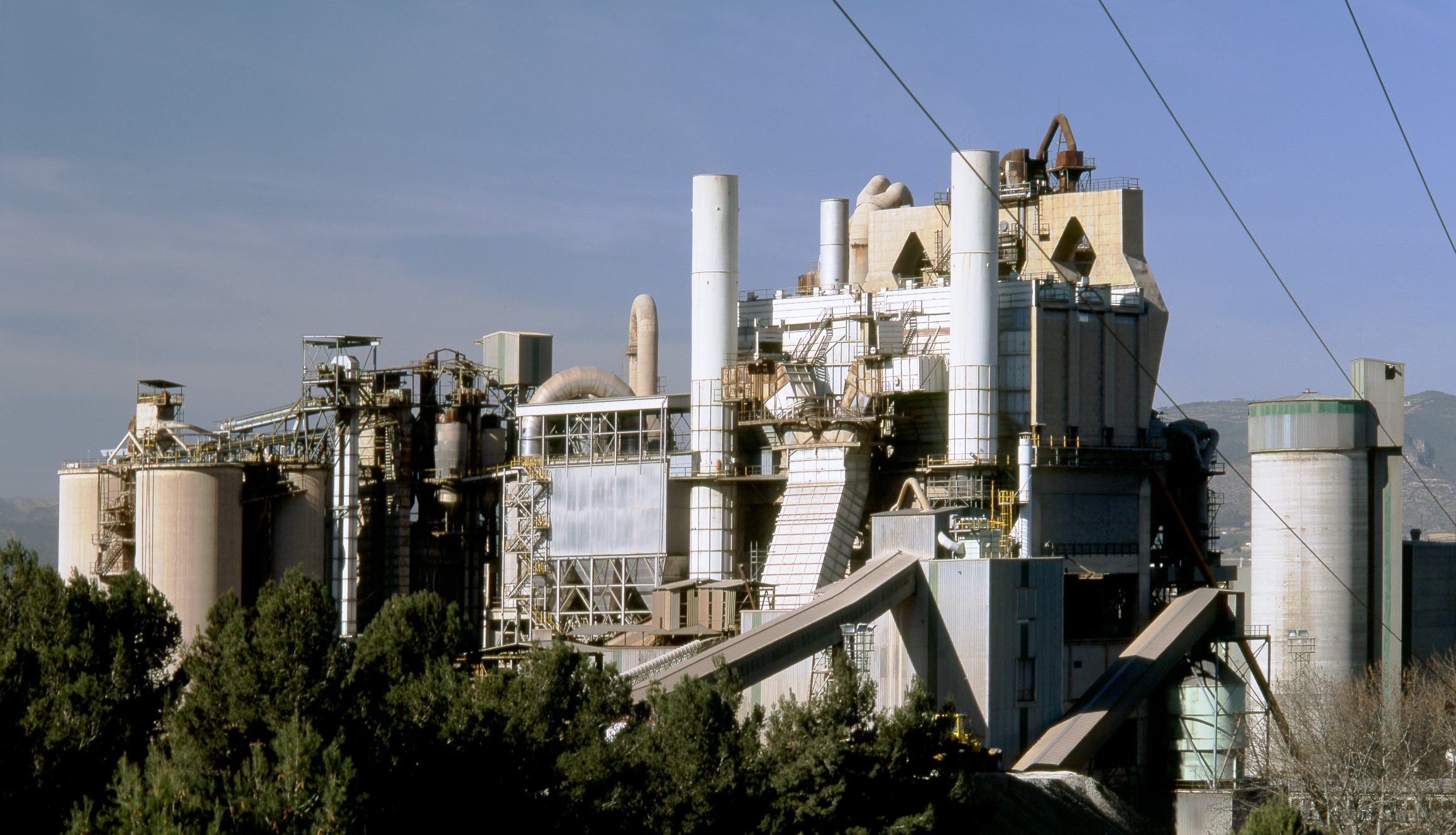The activity of the Catalan cement industry remains low for another year, after the magnitudes of Production, Consumption and Exports for 2022 have remained practically unchanged compared to the previous year. The pessimism installed in the industry tends to continue, since the expectations for 2023 are negative, since a slight fall in the market is expected.
At the time of taking stock of the closed financial year, the president of the Ciment Català employers’ association, Salvador Fernández Capo, attributes the crisis that the sector is experiencing to “the lack of execution of public works”. In recent years, the amount of tenders in Catalonia has been insufficient and always very far from the historical average and the objective needs of the country. In 2022 there has been the paradox that there has been an increase of close to 25% in the volume of tenders, but “the lack of execution – due to the lack of diligence of the different administrations, due to the deserted tenders or the stoppage of projects due to cost increases – has kept activity in the sector at a low level”.
Factories accumulate 11 consecutive years of stagnation, with minimal production and sales volumes. In the record year of 2007, production was close to 10 million tons, and consumption climbed to almost 9 million tons. The bursting of the real estate bubble and the lack of public investment led to a collapse of the magnitudes, which came to be around 3 and 2 million tons respectively. And the sector is at that same level at the end of 2022.
To contextualize this situation, Fernández Capo recalls that “in the same period, the Catalan GDP has risen by 20%”, a recovery that has not reached the cement industry. This has led the annual per capita consumption in Catalonia to fall below 300 kg, when the European Union average exceeds 400. “The conclusion is obvious,” says the president of Ciment Català“this lower consumption of cement It is explained by the lack of investment in infrastructure. And the consequence is that society as a whole and the country’s economy suffer: the highways are often collapsed, the Cercanías railway network accumulates problems derived from a lack of maintenance, the construction of the trains is still pending for a long time. road and rail access to the Ports of Barcelona and Tarragona, the widening of the N-340, the conversion to mixed gauge of the Castelló-Tarragona rail corridor, the completion of the L9 and L10 Metro lines…”. All these works are essential for the country to be competitive and for the very continuity of the industry.
Fernández Capo assures that “it has been a very difficult year. The invasion of Ukraine has brought a lot of economic uncertainty and has been accompanied by an exponential growth in energy costs and inflation, which have very negatively affected the margins of the cement and concrete business”. Finally, he recalls that for the Catalan cement industry, exports are a very important part of production and, therefore, “it is essential that we have the same conditions as our competitors”.
Collaboration with the Generalitat
Faced with this accumulation of adversities, employers have multiplied their institutional activity to make public administrations aware of the need to change strategy, and to promote investments that help maintain the industrial fabric and the progress of society.
During the first weeks of January, Ciment Català delegations headed by the president and the Board of Directors held work sessions with the Generalitat’s councilors Roger Torrent (Business and Labor) and Juli Fernández (Territory) to present the situation of the sector and request support from companies through greater availability and authorization of alternative fuels, the increase in rates for waste disposal that favors the material and energy use of waste, actions to contain the price of electricity, the suppression of the new tax of GHG emissions that have been announced -since it overlaps with the emissions market-, and the legislative and parliamentary defense of the industry as a whole.
In parallel, the cement manufacturing companies maintain their commitment to decarbonization, the Circular Economy and the minimization of the consumption of material and energy resources that compromise the fight against Climate Change, as expressed in the Industry Roadmap. Catalan cement company to achieve climate neutrality by 2050. Along these lines, work has also been carried out jointly with Anna Barnadas, Secretary for Climate Action, and Mireia Boya, General Director of Environmental Quality and Climate Change of the Generalitat, who have shown their willingness to endorse with the corresponding measures this implication of the sector in the protection of natural and environmental means.

